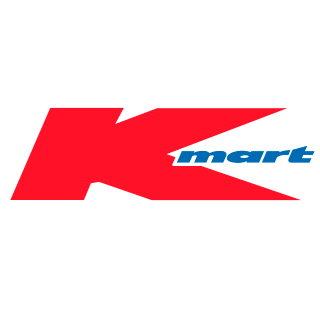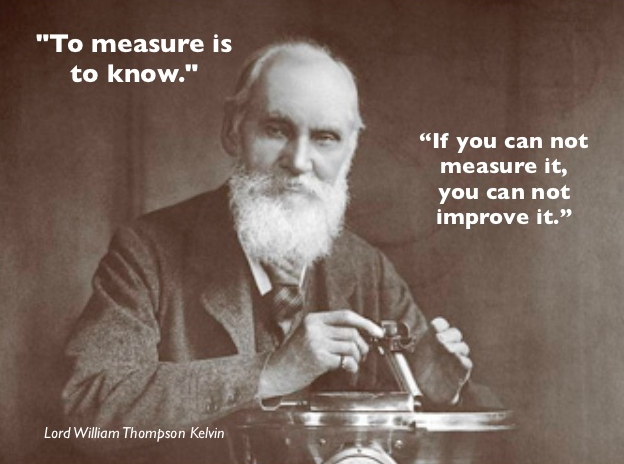What Kmart Australia is Doing in retail and its Key Lessons

The managing director of Kmart Group Australia, Ian Bailey, talked about Kmart's strategy in today's challenging retail landscape here. I think it is relevant to many of our clients.
While large retailers often seem intimidating because of their size, they are filled at least at the top with very smart, highly experienced people who are measured by their success. These large companies have plenty of money to experiment and do experiments. I have noticed that many of my most successful clients are those with backgrounds in large businesses.
Because these retail giants are always learning, they can provide valuable lessons for retailers of all sizes, so its worth listening to them:
Customer experience
What Kmart seees as significant to this, is its commitment to price consistency. They don't do frequent sales or "percentage off" gimmicks. Bailey feels this reduces customer anxiety about getting the best deal. Shoppers shouldn't wonder, "Will prices be lower next week?"
Inventory management
By aggressively pursuing production and operational efficiencies, Kmart tries to keep costs low. This, they feel, translates into lower prices for customers.
Their stores only hold about one month of stock at a time, turning inventory over 12 times yearly. What are your stock turns? You can find out here.
Knowing exactly what stock they have at all times is critical to Kmart. They measure inventory accuracy daily, even using robots daily, how often do you measure?

I can tell you that lower inventory volumes reduce costs.
Quickly Correcting Mistakes
Bailey admitted Kmart experiments frequently, and sometimes they pull back initiatives that aren't working. For instance, they recently removed barbecue grills from their product mix, spreading out other categories instead. They recognized this as a mistake and fixed it quickly. Be agile to innovate, measure results and do not be afraid to admit you were wrong and correct.
The Relevance of Brick-and-Mortar
Despite the web, physical retail plays a major role. Bailey noted that 60-70% of Kmart shoppers browse online but buy in-store. Stores enable customers to see and touch products as well as provide immediacy.
Do not underestimate a physical shop today.
Agile management
In closing, Bailey emphasized that organisations thrive by keeping people connected to the company vision, continuously improving through innovation, data-driven decisions, and demanding accountability. These cultural values of agile management and cost control drive performance.
Let me know if you have any other thoughts on this!


